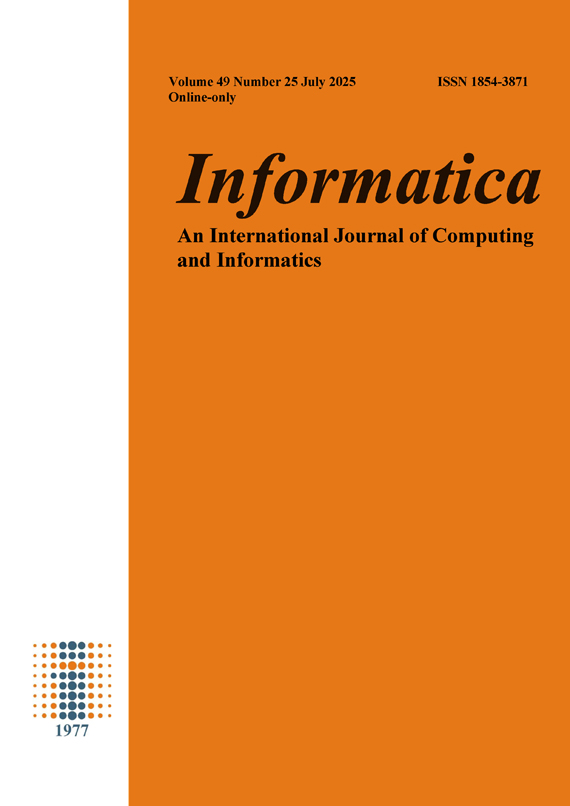A Fog Computing-Based Collaborative Information Resource System for Smart Cities: TSAS and KLED Algorithms for Data Transmission and Service Deployment
Abstract
Effective integration and scheduling of information resources play a pivotal role in realizing intelligent management within the framework of smart city development. This research endeavors to overcome two significant hurdles: the redundancy in data transmission during the acquisition phase at the network's edge and the inefficiencies encountered when deploying analytical services across diverse edge devices. To address these challenges, a collaborative system architecture rooted in fog computing is introduced. A prediction mechanism, driven by spatiotemporal correlations, is incorporated to dynamically modulate data transmission intervals. This adjustment effectively curtails unnecessary synchronization, thereby enhancing the efficiency of data acquisition. Moreover, a deployment strategy based on multi-objective optimization is devised to allocate analytical tasks among edge devices constrained by limited resources, aiming to minimize the overall execution time. Experimental evaluations carried out on a real-world dataset encompassing 54 sensing terminals reveal that the proposed synchronization mechanism outperforms two traditional methods, reducing the false alarm rate by 58.90% and 31.35%, respectively, with a minimum mean absolute error of 2.6×10-5 . Additionally, the deployment strategy achieves an average reduction of 13.12% in service completion time across four standard scientific workflow structures. The system adeptly alleviates bandwidth constraints and computational limitations inherent in edge networks, providing a practical and effective solution for efficient data transmission and task scheduling in extensive smart city environments.DOI:
https://doi.org/10.31449/inf.v49i25.8057Downloads
Published
How to Cite
Issue
Section
License
Authors retain copyright in their work. By submitting to and publishing with Informatica, authors grant the publisher (Slovene Society Informatika) the non-exclusive right to publish, reproduce, and distribute the article and to identify itself as the original publisher.
All articles are published under the Creative Commons Attribution license CC BY 3.0. Under this license, others may share and adapt the work for any purpose, provided appropriate credit is given and changes (if any) are indicated.
Authors may deposit and share the submitted version, accepted manuscript, and published version, provided the original publication in Informatica is properly cited.









